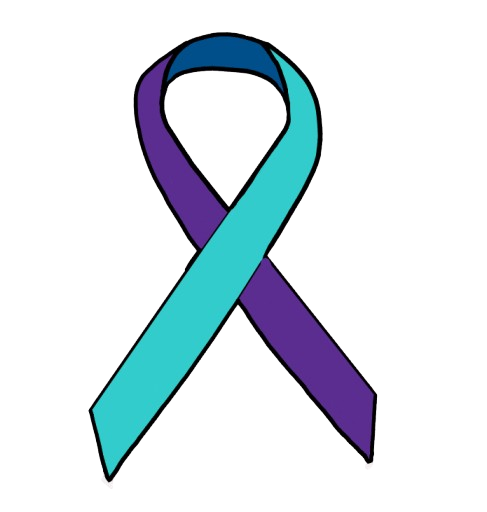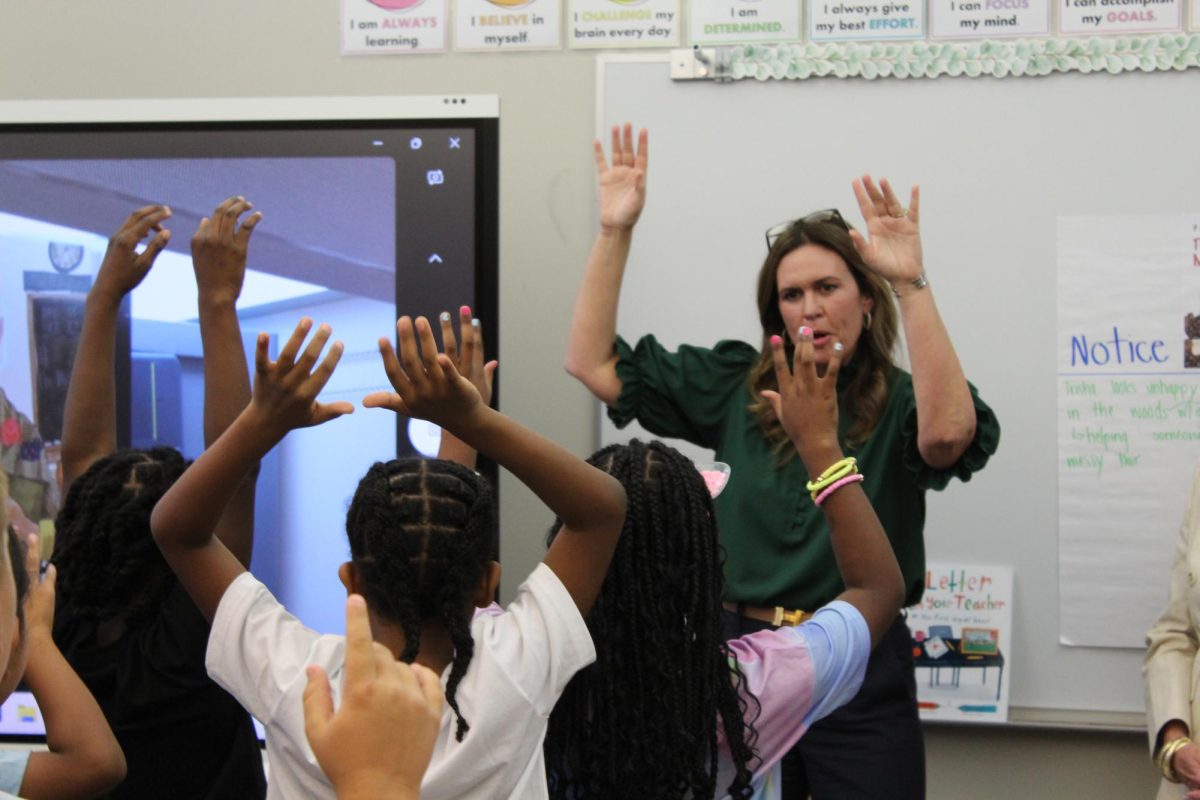September is National Suicide Prevention Month. According to the Centers for Disease Control and Prevention (CDC), nearly a fifth of all high school students deal with suicidal thoughts. Peers have the ability to help friends and classmates who are struggling. In order to give those in need the right support at the right time, it is important to recognize the major signs of suicidal ideation.
Sonya Lampkin, the school’s social worker, identifies the indicators that a student shows when dealing with depression or suicidal thoughts.
“They can isolate themselves from their friends and family and stop doing a hobby they normally enjoy, such as drawing, singing, or anything,” Lampkin said.
Moreover, when someone is expressing thoughts of self-harm, engaging in drug and alcohol use, or losing value in their life, they may be dealing with suicidal thoughts. Lampkin believes that it is vital that they be met with understanding and support.
To offer support to someone who is at risk of suicide, you can ask if they are feeling down about some things or if they want to talk; this gives them space to open up.
“Give them a listening ear,” Lampkin said. “Don’t interject with your opinion. Just talk to them.”
If someone you know is showing the major signs of suicide or has a history of suicidal ideation, they should not have access to weapons, alcohol, or substances. They may have a limited support system, so it’s important they know about the resources available.
“The first resource is parents, which many don’t think about,” Lampkin said. “Reach out to someone you trust and just seek help. There’s nothing wrong with having mental issues. There’s nothing wrong with seeking help from a therapist or someone you trust to become your better self.”
Additionally, the school has resources for those struggling with depressive and suicidal thoughts. At any moment of the day, you can ask your teacher for a pass to the Wellness Center to talk to Lampkin. Her office is a private, welcoming space where you can open up about anything you may be struggling with.
During immediate times of crisis, you can call either the National Suicide Prevention Hotline: 988 or the Teen Hotline: 800-852-8336 and talk to someone your age or a professional counselor.
If you want to hear a personal story about a student affected by suicide, read this article by Alex Duhon.






